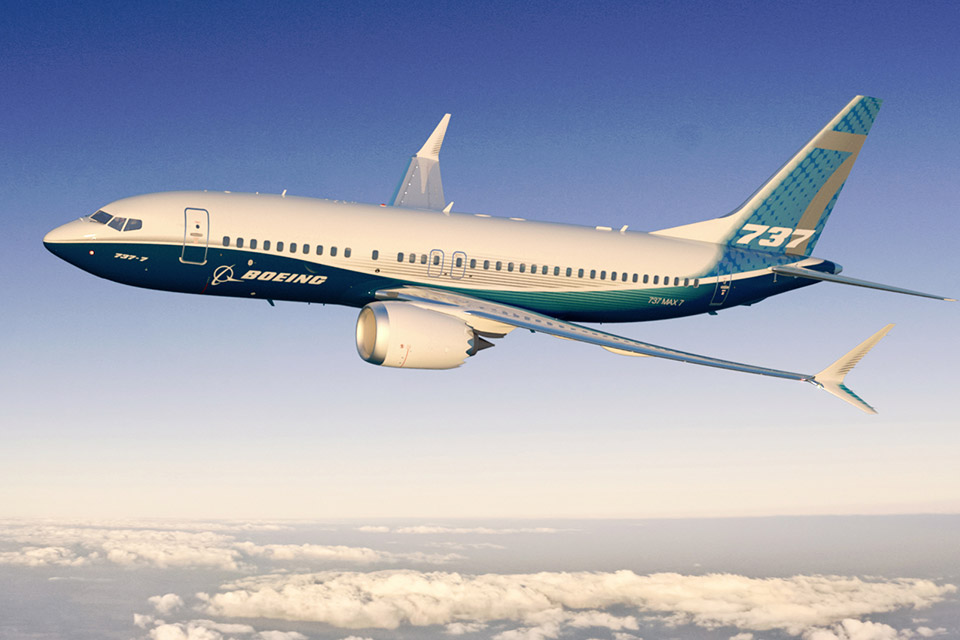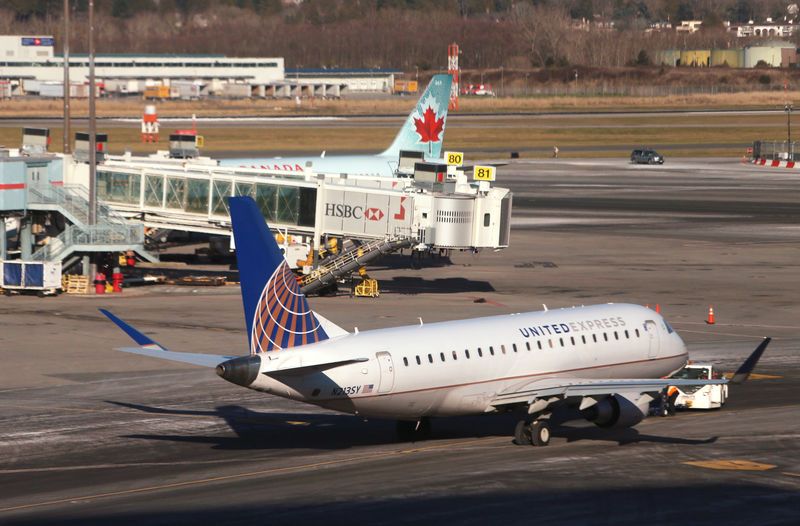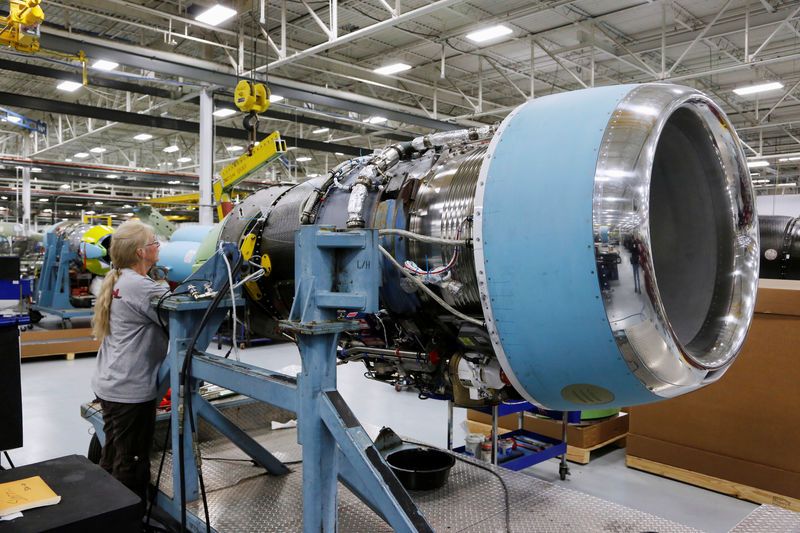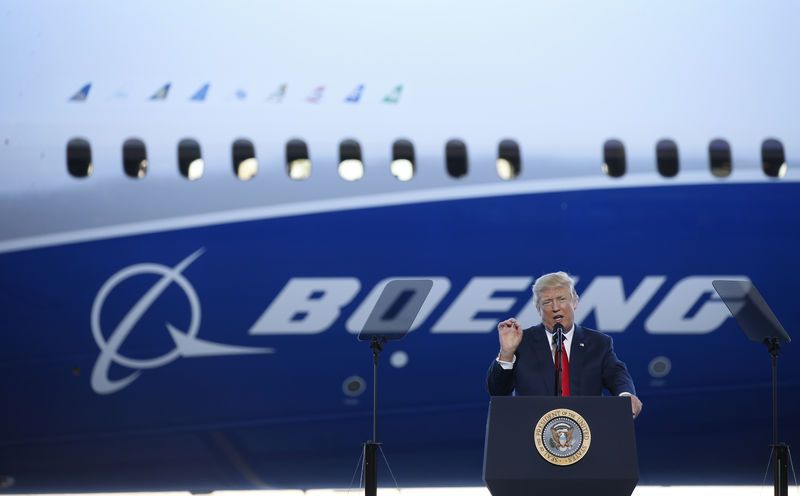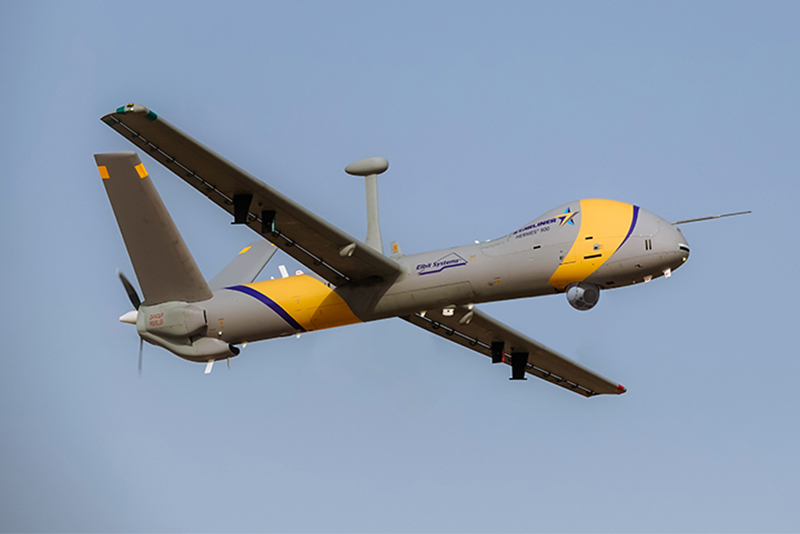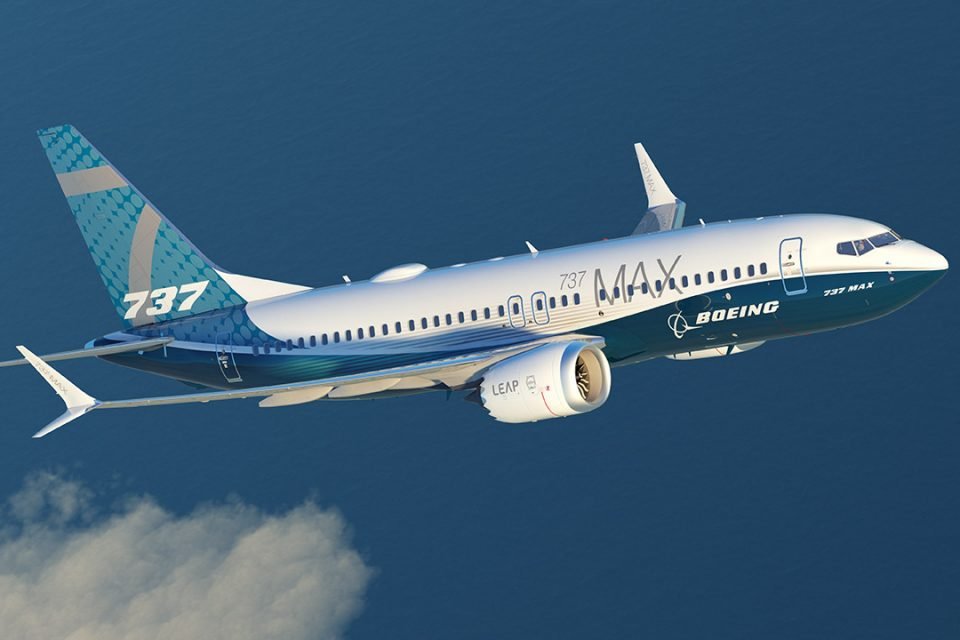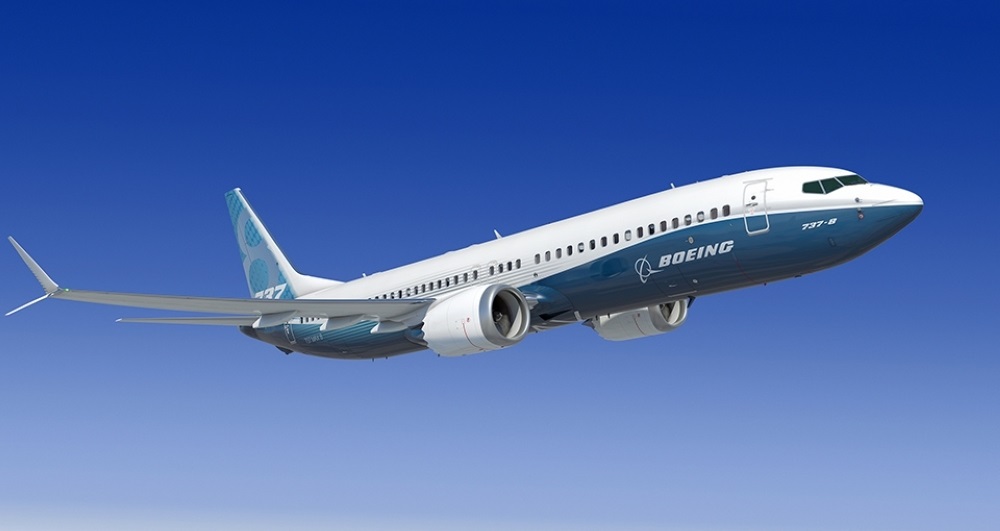A year ago, at 7:35 a.m. in Bergen, Norway, the E190-E2 took off with 114 passengers on board. It was the first commercial flight of the second and latest generation of commercial jets of Embraer, the E-Jets E2.
The aircraft, gracing the colors of Widerøe, the largest regional airline in Scandinavia, completed flight WF622, which ended at 9:35 a.m. in Tromsø.
At the helm was Espen Bergsland, the airline’s chief pilot, and Embraer pilot Celso Fonseca, this flight marked the starting point for Widerøe’s aircraft transition – from turboprops to jets – and a change in passenger comfort.

With the intention of extending the connections between north and south Norway, as well as exploring new international routes, Widerøe decided to expand its operations by incorporating jets that can seat 110 to 120 passengers. Embraer’s new E2 Jets fit the bill.
In November 2016, representatives of the Norwegian airline visited the manufacturer’s headquarters in São José dos Campos, in the suburbs of São Paulo, to see and assess the aircraft. Three months later, the company announced it was acquiring three E190-E2 and the purchase rights for another 12 jets of the E2 family.
In February 2018, the E190-E2 was certified to conduct commercial flights by the Brazilian National Civil Aviation Agency (ANAC), the Federal Aviation Administration of the United States (FAA), and the European Aviation Safety Agency (EASA).
This victory, a triple and simultaneous certification, was recently repeated. On April 15, 2019, the E195-E2, the largest commercial aircraft ever developed by the Brazilian company, also received the triple permission.

The delivery of the first E190-E2 took place on April 4, 2018 at a ceremony held at the Embraer plant in São José dos Campos, São Paulo. After five days, captains Fonseca, Bergsland and Endre Berntzen took off to Norway. On the journey, they stopped at Recife, Las Palmas (Spain), Aberdeen (Scotland) and arrived in Bergen on April 12th.
The aircraft was welcomed to the Norwegian city with a party. Political and aviation officials, the press and employees attended a dinner with music, a Brazilian martial arts (Capoeira) show, a play and other attractions.
During the entrance of the E190-E2 into the Widerøe hangar, a local opera singer sang one of the songs from the Bachianas Brasileiras series written by Brazilian composer Heitor Villa-Lobos. “The ceremony was very beautiful. It included cultural aspects of both Norway and Brazil, as if a bond were forming,” said Fonseca.
So, on April 24th, Bergsland and Fonseca piloted the new aircraft from Bergen to Tromsø for two hours. The aircraft took off with the maximum capacity of passengers – regular passengers, leaders and employees of the companies involved – and made a calm flight to its final destination.
“This flight represents increased connectivity between the north and south of the country on one of the longest routes of the Widerøe network, increasing the number of passengers per flight and bringing greater speed and comfort to Norwegian citizens,” explained Daniel Balducci, manager of Embraer’s customer accounts.

When the E190-E2 landed and arrived at the gate, it was met with the traditional water jets. Slices of cake were offered to all the passengers at the landing gate.
“On the way out, we heard positive comments about the cabin’s low noise level. Afterwards, I even read an article written by one of the passengers on a blog saying that he felt like he was inside an electric car during the flight,” said Fonseca. “The Widerøe pilots also liked the plane very much and found it very easy to pilot.”
By placing the first E2 model commercially in the skies, the Norwegian airline officially started its transition from turboprop to jet aircraft.
